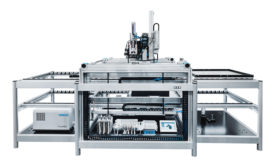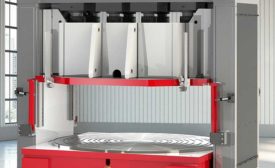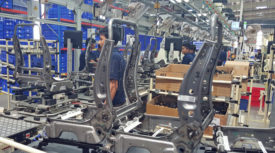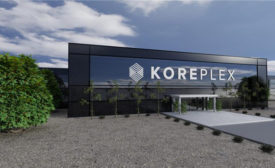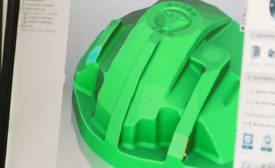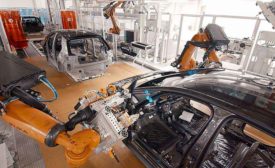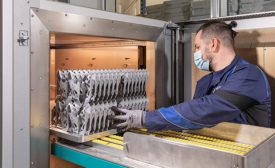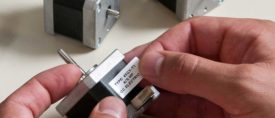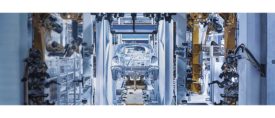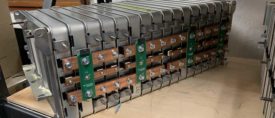Automotive Assembly
Dürr Helps Volkswagen Go All-In on EV Assembly
Flexible automated equipment drives screws, dispenses adhesive and fills refrigerants.
August 6, 2021
What’s New With Labels and Label Printers
Durable materials and proven printing methods ensure a high-quality label for any size part.
August 5, 2021
Bonding Aluminum in Automotive Assembly
Surface preparation of aluminum plays an important role in the durability of bonded joints.
August 4, 2021
Injection Lap Riveting
A new process, injection lap riveting, is showing promise for joining dissimilar metals.
August 3, 2021
Never miss the latest news and trends driving the manufacturing industry
Stay in the know on the latest assembly trends.
JOIN TODAY!Copyright ©2024. All Rights Reserved BNP Media.
Design, CMS, Hosting & Web Development :: ePublishing
